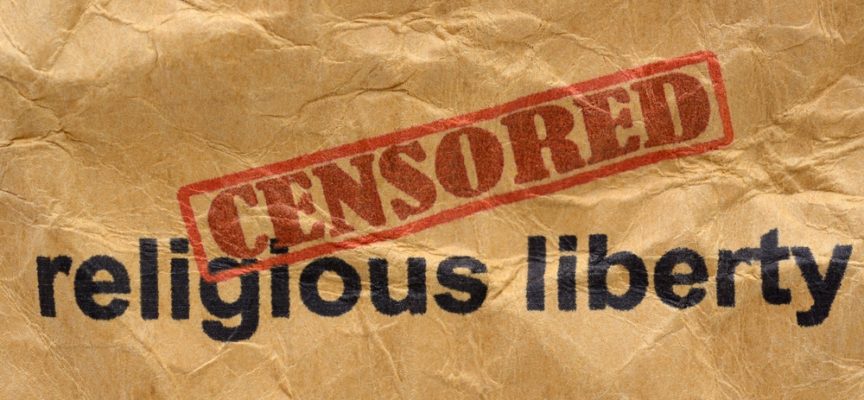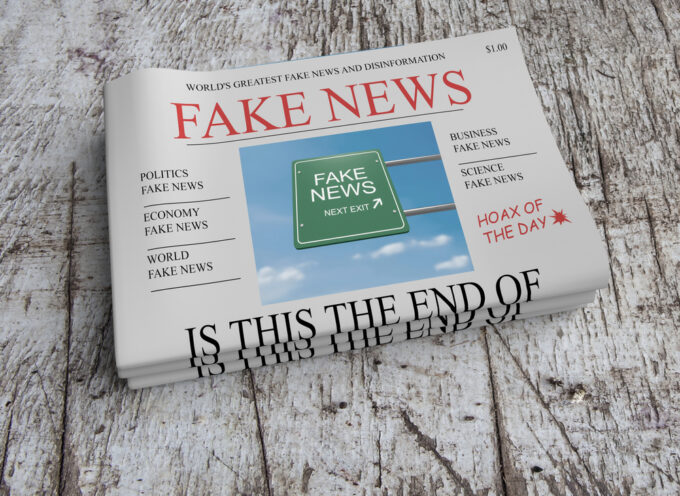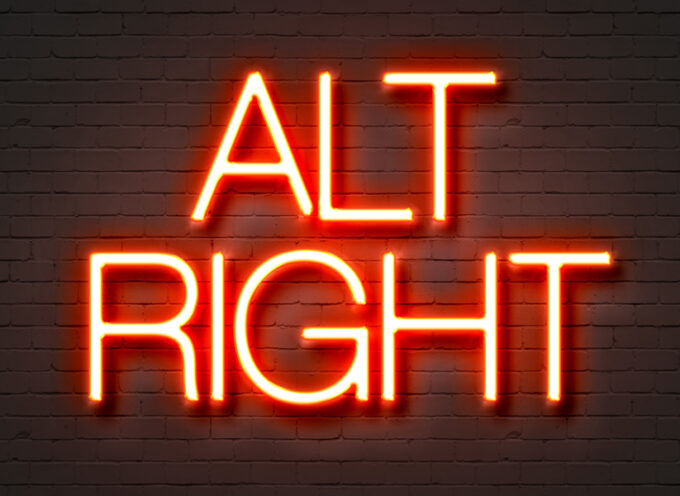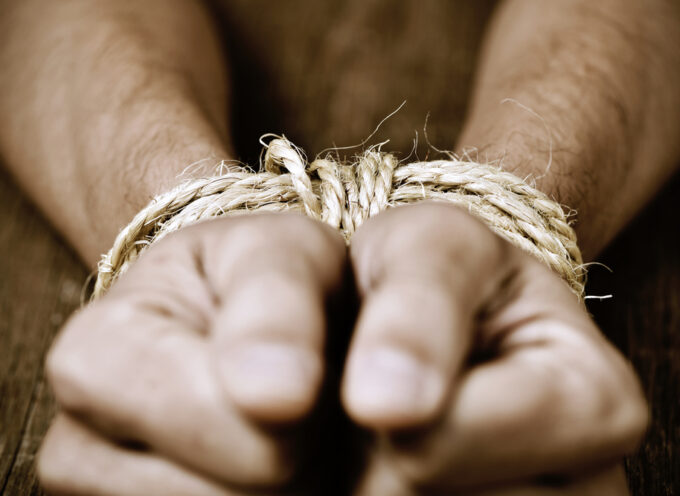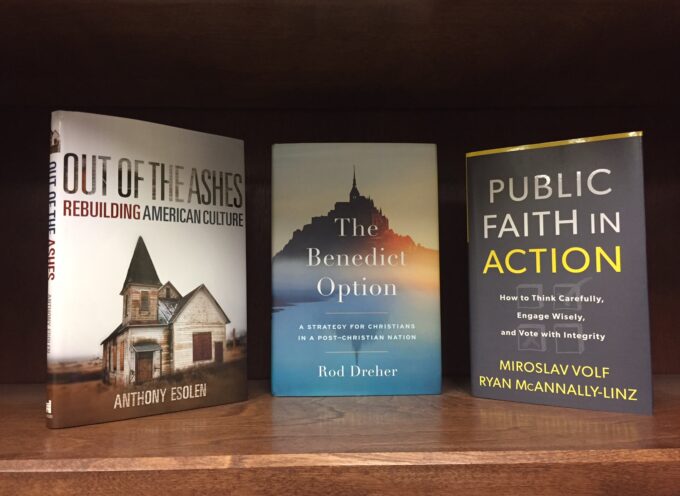Here are twelve books I recommend for persons who wish to gain a better understanding of religious liberty and the threats against it. I will describe each book and then rank its level of difficulty on a scale of 1-5, with 5 being the most difficult. A Level 1 book is one you could give to any friend or family member. A Level 5 book is one that would be required in a PhD seminar. The list is also organized with the more accessible books at the beginning of the list and the more challenging books at the end.
- The Gospel & Religious Liberty. This is a very accessible little introduction to religious liberty in light of the Christian gospel. The five chapters are written by ERLC president Russell Moore, ERLC public policy expert Andrew T. Walker, public intellectual Joe Carter, legal expert Jennifer Marshall, and political scientist Hunter Baker. 102 pages. Level 1.5.
- Hostile Environment. Weighing it at only 183 pages, this little book packs a powerful punch. In it, a renowned expert on racial bias, UNT sociologist George Yancey, turns his attention to anti-Christian bias. If you’re interested in how to understand and respond to anti-Christian bias, this is the book for you. Level 2.
- The Case for Civility. In this book, author Os Guinness argues persuasively that Americans should value their religious liberty and work to maintain a civil public square. It is a brilliantly written book, IMHO. 214 pages. Level 2.
- The Global Public Square, by Os Guinness. Whereas in The Case for Civility, Guinness discusses religious liberty in the context of the United States of America, in The Global Public Square he discusses religious liberty and its enemies in the context of the global public square. 240 pages. Level 2.
- Liberty in the Things of God, by Robert Louis Wilken. Published in 2019, the argument of this extraordinary book is that the origins of religious liberty are religious rather than political, having been developed primarily by Christian theologians, leaders, and dissenters. Wilken is honest about the many ways, however, that many Christians have themselves undermined or violated religious liberty. 248 pages. Level 3.
- The Heritage Guide to The Constitution, 2nd ed. Really, you must own this book. The Heritage Guide provides legally-sound and well-written guidance on the United States Constitution and the way it has been interpreted throughout history. Among the many ways you will find it helpful is its excellent treatment of our Constitutional right to religious liberty. 475 pages. Level 3.
- First Freedom, 2nd ed. This fine volume treats religious liberty in historical and theological perspective before going on to address contemporary challenges to religious liberty. It is edited by a university president (Thomas White), a seminary provost (Jason Duesing), and one of the most significant scholarly evangelical theologians of the twenty-first century (Malcolm Yarnell). 275 pages. Level 3.
- Truth Overruled, by Ryan T. Anderson. This book discusses religious liberty in relation to secular progressivism and the Supreme Court’s recent redefinition of marriage. Anderson is one of the brightest young stars in the conservative firmament, and this book shows why. 259 pages. Level 3.
- Free to Believe, by Luke Goodrich. The author, a prominent Christian attorney who has argued before the Supreme Court, outlines the significance of religious liberty and a blueprint for how we must respond when it comes under threat. Unlike some treatments of the topic, Goodrich’s response to those who would threaten our liberty is impeccably well-informed, reasonable, and gracious. 288 pages. Level 3.
- The Founding Fathers and the Debate over Religion in Revolutionary America, edited by Thomas Kidd and Matthew Harris. This book collects the primary documents that our Founding Fathers and their contemporaries wrote on the subject of religious liberty. A very handy reference resource. 196 pages. Level 3.5.
- Conscience and Its Enemies. In this brilliant collection of essays, Princeton law professor Robert P. George confronts secular progressivism and exposes it as sophistry. He is fair-minded and ascribes genuinely good motives to those against whom he argues, which makes his argument all the more effective. 331 pages. Level 4.
- The Clash of Orthodoxies, by Robert P. George. This book is a powerful and profoundly important treatment of the proper role of religion in politics. Although I conceive of that role a bit differently than George, I recommend the book heartily, especially because he exposes secular progressivism as a flawed ideology that seeks to undermine religion’s proper role. 387 pages. Level 5.
Of course, I would not be offended if you read my recently published Letters to an American Christian. In the book, I discuss the proper role of religion in politics, the significance of religious liberty, and the importance of evangelical political witness in our increasingly diverse nation. 160 pages. Level 2.5.
Subscribe
Never miss a post! Have all new posts delivered straight to your inbox.

